Americans have demonstrated an altruistic streak when it comes to their military servicemembers. Many have donated money or time to charitable organizations dedicated to helping disabled veterans recover from wounds, both internal and external.
Since the attacks of September 11, 2001, grassroots volunteer-based groups have cropped up across the country in support of veterans. These homespun organizers give more of themselves, often in spite of income or time constraints, to make other people's lives better.
Parents and spouses of those killed or injured have started many of these organizations - providing hope and strength to other veterans and families facing the same challenges. In some cases, the organizers themselves are able to move forward by helping others. William "Mike" White falls into that category.
White, a Military Surface Deployment and Distribution Command equipment inspector at Military Ocean Terminal, Sunny Point, N.C., is the founder and executive director of Camp Hope, located on a parcel of land in southeastern Missouri. This very special place is living up to its name by helping disabled veterans participate in outdoor activities they enjoyed prior to becoming injured or disabled.
White's journey to help others started with a tragedy. His son, Pfc. Christopher Neal White, a Marine assigned to the First Marine Expeditionary Force, died in Iraq in 2006 when an improvised explosive device exploded under his vehicle in al-Anbar Province.
White and his family were determined to find a way to keep their son's memory alive. The most logical choice was to do something associated with the outdoor activities Chris loved. According to his father, Chris was an avid outdoorsman from an early age, learning to hunt and fish while growing up in Kentucky and Missouri.
With this in mind, White purchased 180 acres of land - known as Chris Neal Farm - 70 miles south of St. Louis, Mo., for the purpose of providing disabled veterans a handicapped-accessible lodge and land for outdoor recreational activities to include hunting and fishing. He named the small farmhouse on the property in honor of Camp Hope in al-Anbar Province, Iraq.
A new lodge, in the planning stages, will become the official Camp Hope facility. When it is completed, it will accommodate up to six veterans at a time. Frederick W. Hill, an architect and retired Army lieutenant colonel from Webster Groves, Mo., has already drawn up the plans for the 4,000 square foot, handicapped-accessible structure at no charge to the organization.
"People do not realize what these veterans are going through when they come home," White said. "There is self-esteem involved, and no hospital has a tree stand or gets them outdoors. These returning veterans need to enjoy what they used to do. Being here also gives them the opportunity to talk to other veterans who have experienced the same thing."
He believes Camp Hope is therapeutic as a place where there are no judgments or limits. It seems to be the right environment for veterans to deal with some of their challenges, he said.
White, who grew up in Missouri, chose the Farmington area because he had a strong support network there to help him get Camp Hope established. He devotes as much time as he possibly can, given the fact that he lives and works in North Carolina. Without the support of the board members, White admits he could not have started this project.
"Camp Hope is supported by all volunteers," said White. According to him, they check on the property between hunting seasons, stock the camp with supplies, work the trails to make them more accessible, attend fundraisers, and participate in outdoor activities with the veterans. "At some point in the future, I would like to hire a disabled veteran to manage the facility and have year round access," said White.
While all the visitors hope to bag a deer or catch a bass, hunting is a backdrop to the healing process.
"If you don't get anything, who cares'" said Jared Feldman, a former U.S. Army sergeant from Willard, Mo. Feldman suffered shrapnel wounds and hearing loss when he was wounded in Iraq. "It's about the camaraderie. I am glad Will started this program; it's an incredible place."
Being able to talk about the experiences that have shaped their lives is just as important as the outdoor activities. They all echo the same sentiment: spending time at Camp Hope aids in the healing process.
1st Lt. Joe Bogart, an engineer with the 5th Engineer Battalion, Fort Leonard Wood, Mo., was an active hunter before being struck by an IED while deployed to Iraq. The bomb claimed one of his eyes completely and left him legally blind. He was the first veteran invited to Camp Hope. With some assistance from friends and volunteers, he was able to participate in both the 2007 deer and 2008 turkey seasons.
"It's hard to put into words why I wanted to come back." Bogart said during the April turkey hunt. "In November, I was sitting on a rock overlooking an open field, hoping a deer would come, and suddenly I didn't care if I got a deer. A sense that everything is right in the world came over me, similar to my wedding day or when I first held my son. Some things are different, but I am still the same guy I was before I went to Iraq."
"I love coming here; it is something different," added Sgt. Bobby Lisek, of Springfield, Mo. who lost a leg and suffered a brain injury in an explosion in Iraq. "I didn't have any friends back here when I came back. I was able to meet other veterans like me who I have kept in touch with since leaving Camp Hope. It really helps. Even though I didn't get anything, it was the most fun I have had deer hunting since I was a kid."
White is expanding the use of the camp to allow the Department of Veterans Affairs Hospital in Poplar Bluff, Mo., to use the camp as an offsite location. All disabled veterans and their family members are eligible to visit at no cost, but first priority goes to veterans referred by disabled veteran service organizations.
White's determination to pay tribute to his son and to help wounded veterans is gaining momentum. He has strong support in both the local Missouri community and Southport, N.C. Local organizations continue to support Camp Hope through fundraisers and donations of time and materials.
Determined to expand the scope of Camp Hope, White was able to convince the Missouri Department of Conservation to waive the out of state fee for hunting licenses for disabled veterans. Missouri was the first state to take this action. White's ultimate vision is to see a Camp Hope in every state.
For White, the living memorial he is building in the Missouri woods to his son and those who serve is an imperative.
"It had to be done, and hunting and being outdoors is what Chris enjoyed doing. It helps me to know that I am helping others."
Both volunteers and veterans alike see the evidence of White's work to help veterans.
"You see a change in them from the day they get here and the day they leave," said Jerry Wells, a Camp Hope Board Member and long time friend of Whites. "Nature heals."
"This place is the best medicine," Bogart said. "When I first came here, I got to know some other guys and we started talking about things we have dealt with. You talk to other people and get to see different perspectives out here. For some people to come to deer camp, it allows some of the scars to heal. Scars on the outside heal, but the ones on the inside are the hardest to heal."
For more informaiton about Camp Hope, visit www.ChrisNealFarm.com.
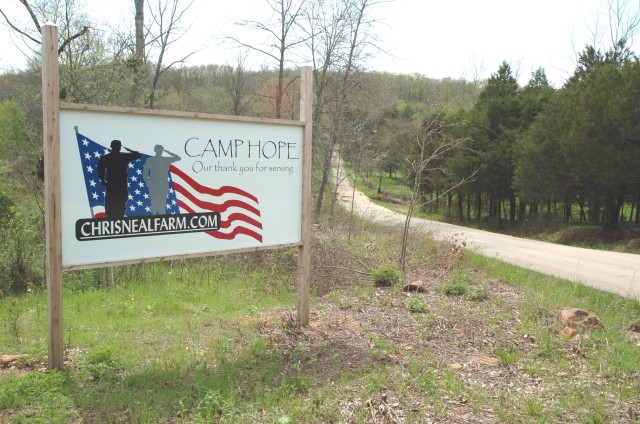
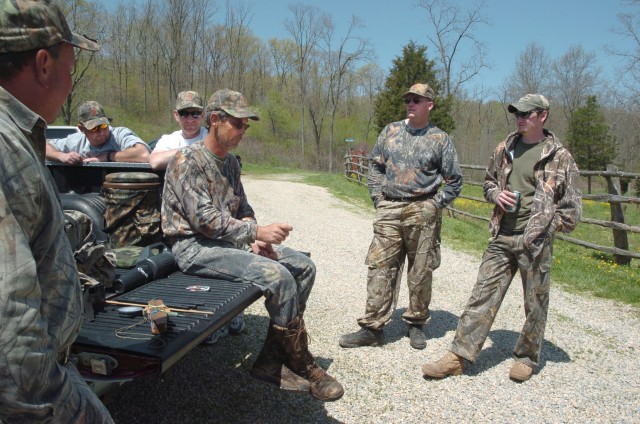
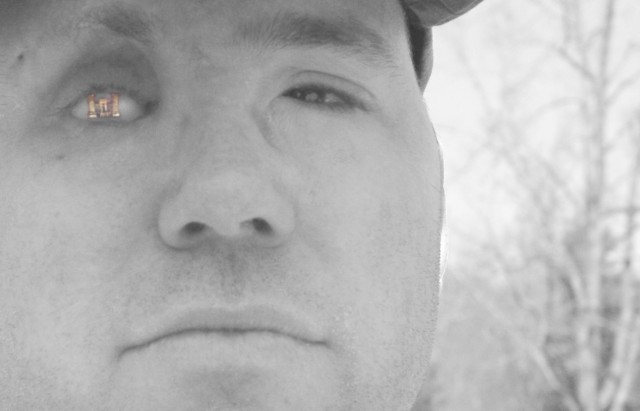
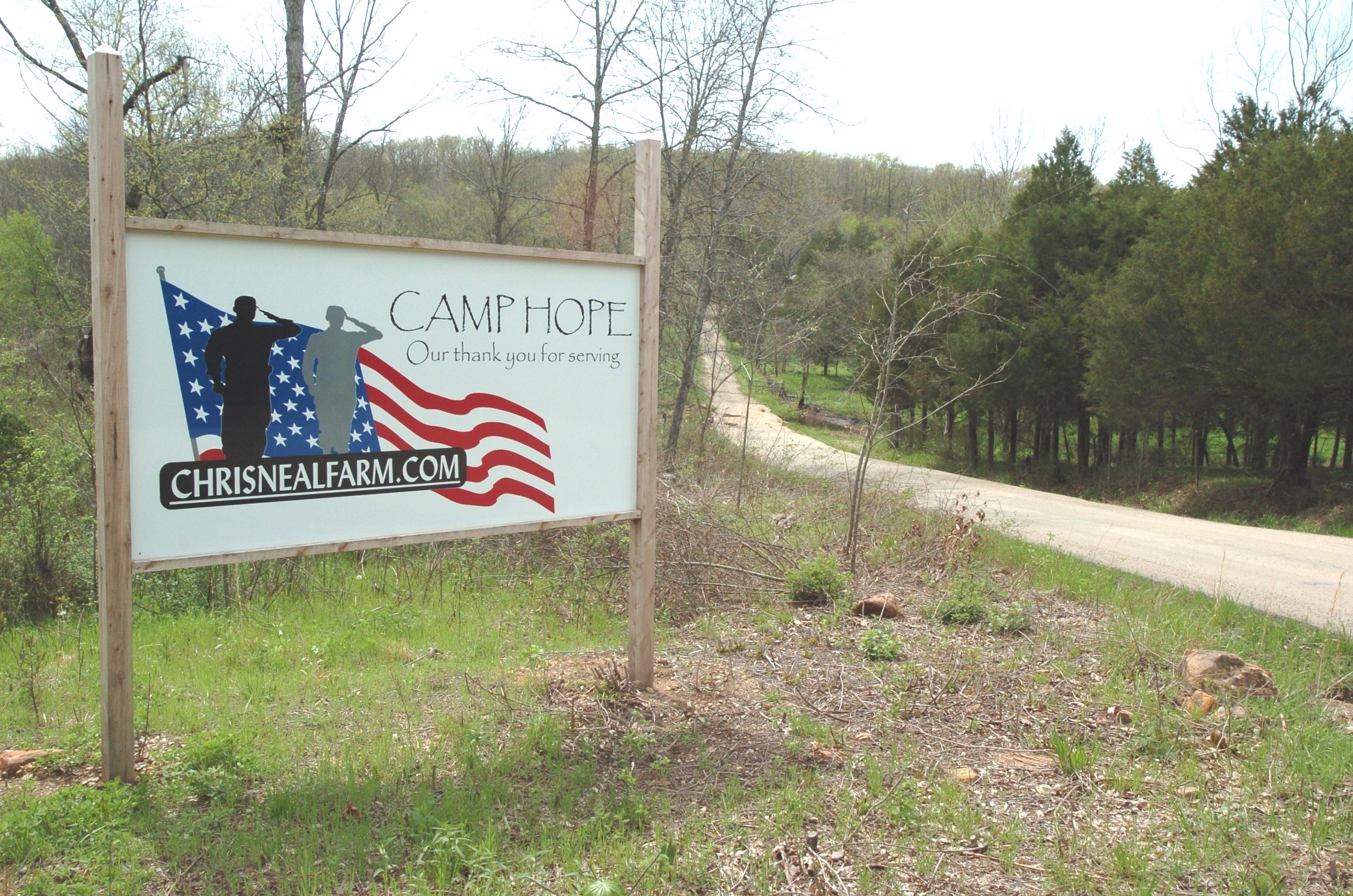
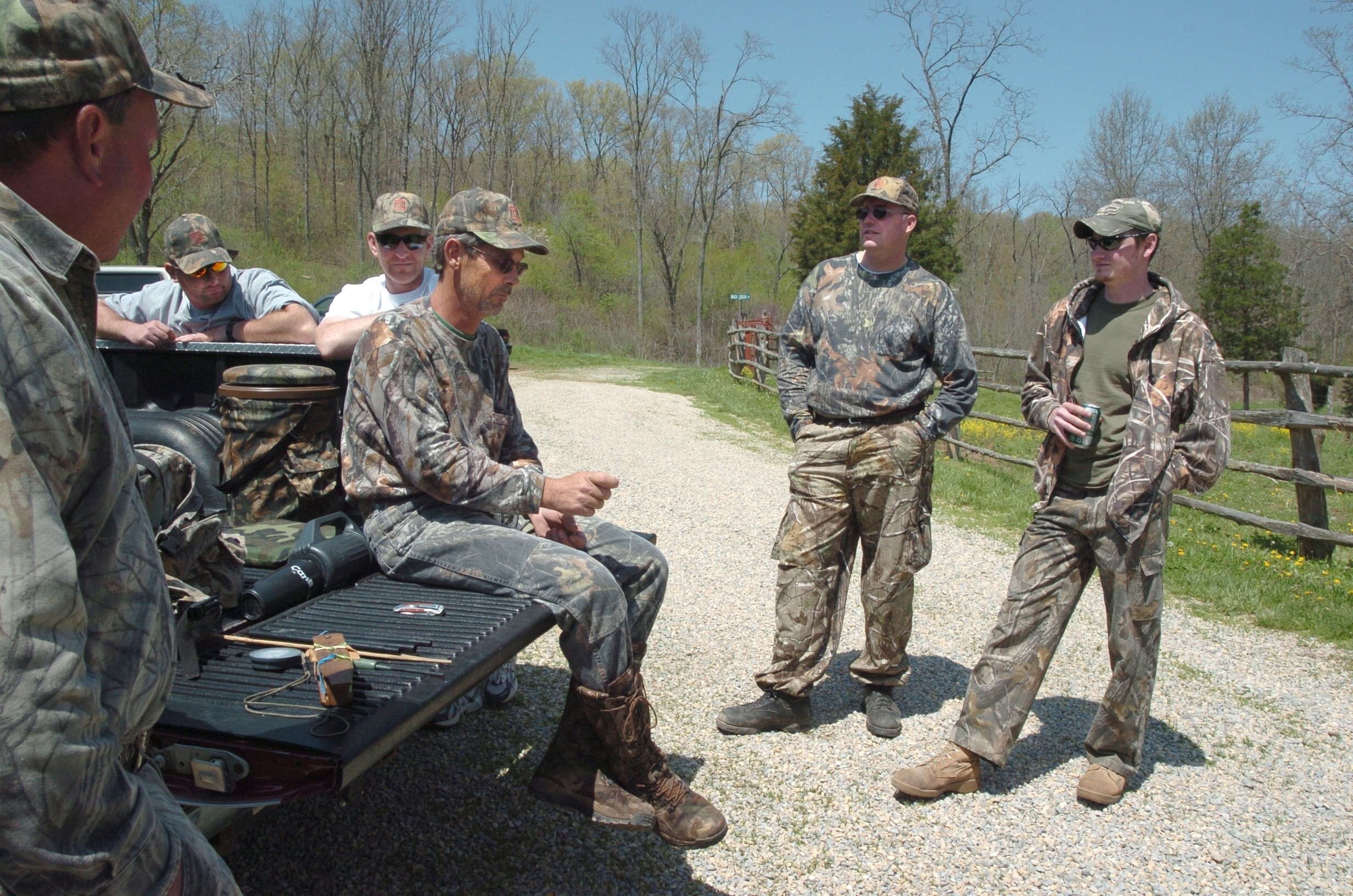
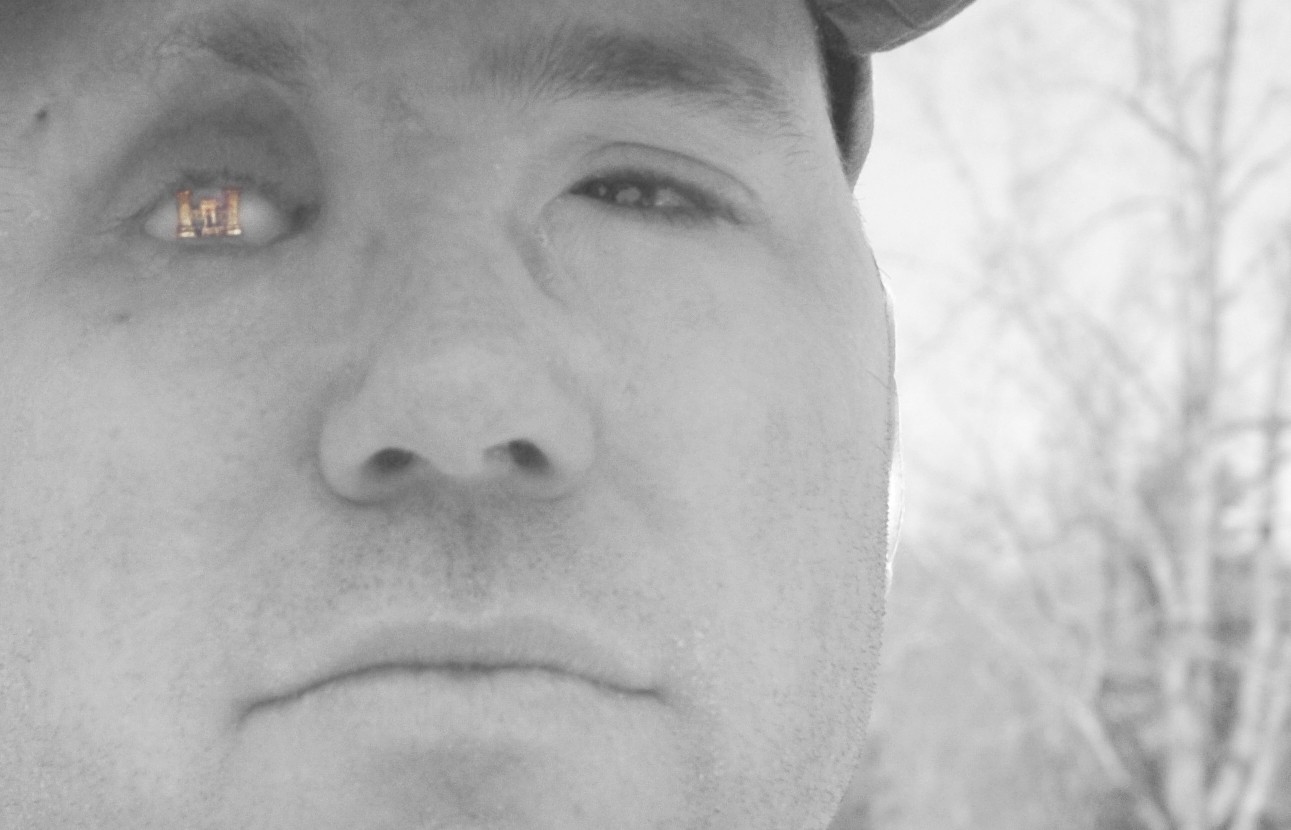
Social Sharing